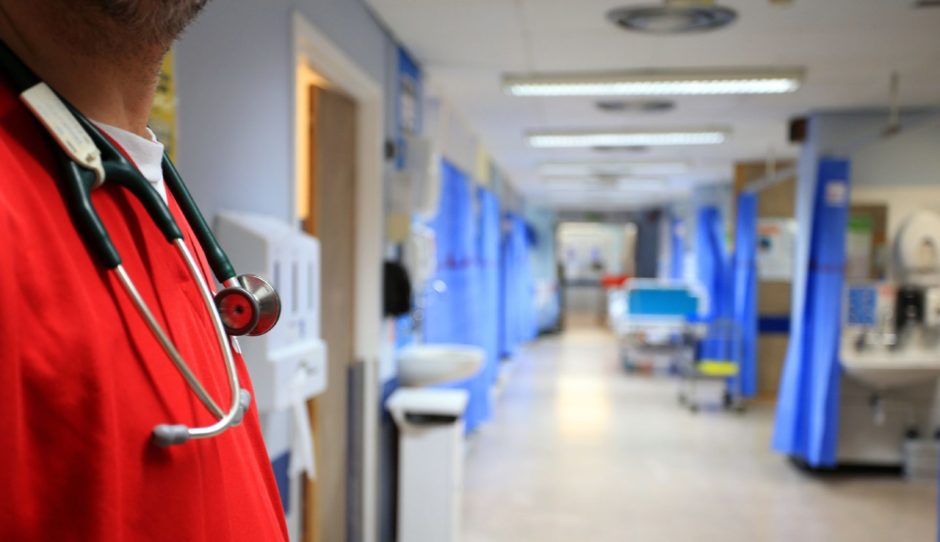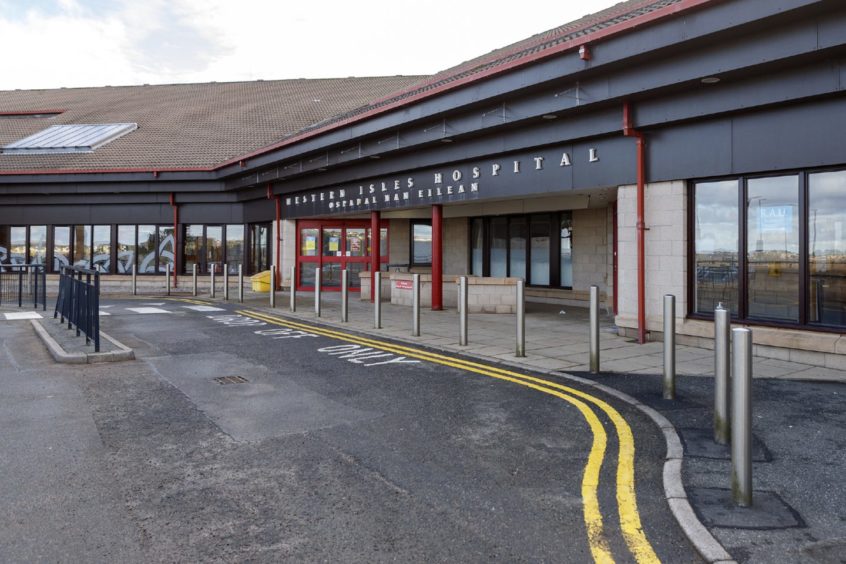People are being asked not to attend A&E unless it’s “life-threatening” to help protect health services.
Amid an influx of patients, staff absences and “challenges” with recruitment, services in the Western Isles are facing “extreme pressures”.
And there are fears these issues could grow worse as we enter the winter months.
As a result, health and council bosses are appealing to the public for help.
This could include avoiding already-stretched emergency departments and pitching in to provide help friends and relatives who need care at home.

‘Unprecedented pressure’ on services
NHS Western Isles said its resources are finite and is urging people to take simple steps and cut staff pressures.
It means the wider community will benefit by ensuring services remain available and responsive for those who need them.
Nick Fayers, Western Isles Health and Social Care Partnership chief officer, said: “Already this year we are seeing unprecedented pressure on community health and social care systems nationally – and this is reflected in the Western Isles too.”
Staff absence and vacant posts means ‘very stretched’ services
Mr Fayers said the board has already experienced a “higher number of people” in the community that require more nursing and social care at home than usual.
He also cited staff absence and the challenge of filling posts, together with recruitment difficulties, as a reason that the services are “very stretched”.
“We want to be upfront with our communities about not only the current pressures, but also the real challenge facing us over coming months as additional winter pressures approach,” he added.
“The good news is that there are ways everyone can help, and our assurance to you is that services will be there for those who need them.”
Here’s how to help safeguard your local services…
- Only attend the Emergency Department if your condition is life-threatening: suspected heart attacks or strokes, severe breathing difficulties, severe bleeding, or severe injury – continue to attend or call 999.
- GP Practices are open and can be contacted during the day for an appointment or over-the-phone advice.
- Call 111 day or night for a non-life-threatening, but urgent, issue.
- If you have friends or family in receipt of care at home or a care package – try and help where you can – whether by assisting with medication, helping with meals, or assisting with getting up and going to bed.
- Attend your local pharmacy for questions on medication.
- To access mental health advice call 111 and select the Mental Health Hub or call the Breathing Space telephone helpline on 0800 83 85 87.
- Use the NHS inform website to access advice on common symptoms, guidance for self-help and where to go if further medical care is needed.

